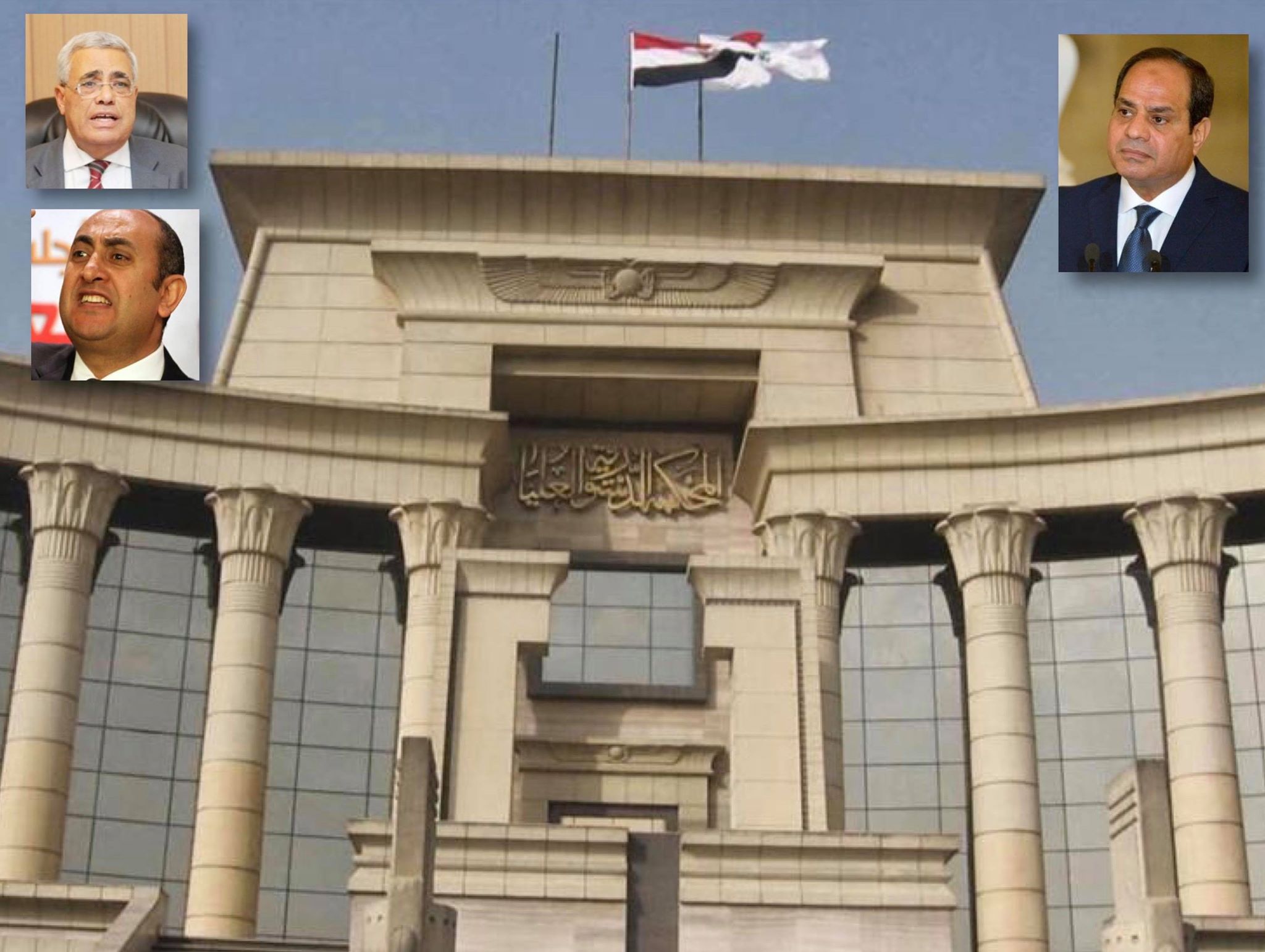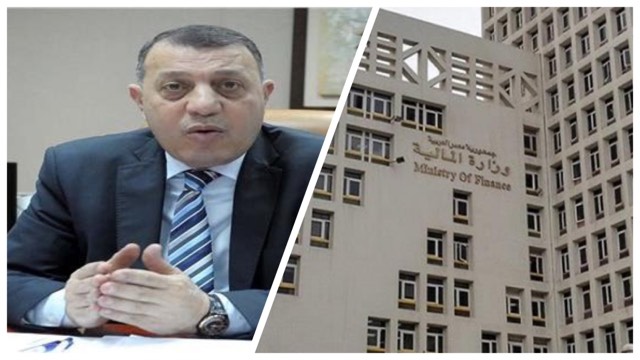AFP reported that the spectre of poverty is approaching the middle class in Egypt amid a devaluation of the local currency and increasing inflation, which prompts them to change their lifestyle radically. The US dollar reached 32 Egyptian pounds at the beginning of the year.
The International Monetary Fund had said that the Egyptian government had pledged to switch to a flexible exchange rate as part of an agreement to obtain a three-billion-dollar loan. As a result, inflation rose in the country, which imports most of its needs from abroad, to 24.4%, and food commodity prices increased by 37.9%, according to official figures. John Hopkins University economics professor Steve Hank said that Egypt’s actual annual inflation rate “reaches 88%.”
According to the World Bank, one-third of Egypt’s population of 104 million live below the poverty line, while another third are at risk of becoming poor. A researcher at the American University in Cairo, Hoda Abdel-Aty, said that amid the significant disparity in incomes and living standards in Egypt, it is difficult to identify the middle class, adding that the problem is that those who were not close to the poverty line can get closer and closer to it due to the significant escalation in inflation. Abdel-Aty explained that such people could no longer secure basic living needs, but they did not meet the conditions for obtaining social assistance granted by the government. The average wage in Egypt is 69,000 Egyptian pounds annually (about $2,300), slightly above the poverty line set by the World Bank.





Recent Comments